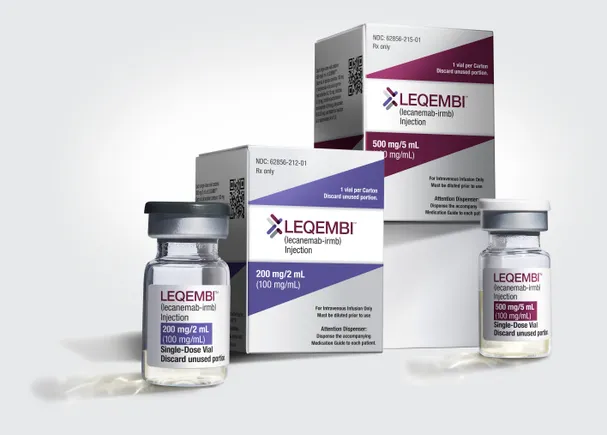The landscape of Alzheimer’s drug approvals is a complex one, with recent developments showcasing the differences between regulatory bodies on opposite sides of the Atlantic. Leqembi, developed by Biogen and Eisai, made history as the first fully FDA-approved anti-amyloid Alzheimer’s treatment in 2023. Initially granted accelerated approval by the FDA, Leqembi later received a full nod, highlighting the agency’s flexibility in approving novel drugs.
However, the situation in Europe was more challenging. The European Medicines Agency initially rejected Leqembi for approval, citing concerns over safety risks, particularly related to a side effect called amyloid-related imaging abnormalities. After an appeal by Biogen and Eisai, the agency revisited its decision and ultimately provided a positive recommendation for Leqembi, signaling a potential breakthrough for the drug in the European market.
On the other hand, Kisunla, developed by Eli Lilly and approved by the FDA, faced similar hurdles in Europe. The EMA’s rejection of Kisunla raised concerns about the safety profile of anti-amyloid treatments, leading to further evaluation by the Committee for Medicinal Products for Human Use.
The contrasting experiences of these companies in navigating the regulatory landscapes of the U.S. and Europe underscore a broader trend identified in a recent study published in Health Affairs. The study found that the FDA tends to approve more first-in-class drugs and provides a speedier path for novel therapies compared to the EMA. While this flexibility can expedite the approval process, it also highlights the need for robust post-market oversight to ensure the expected effectiveness and safety of these drugs.
The challenges faced by companies like Lilly and Eisai in launching novel Alzheimer’s treatments also shed light on the reluctance of payers to cover expensive drugs with uncertain benefits. Despite the FDA’s willingness to embrace experimental treatments, concerns have been raised about the potential for approvals of drugs that may not offer substantial clinical benefits.
In light of these complexities, the study authors emphasized the importance of setting standards to ensure that expedited programs are reserved for safe and effective drugs. They also called for continued monitoring of post-market performance and patient outcomes to maintain consistency and build trust among healthcare providers and patients.
As the pharmaceutical landscape continues to evolve, the balance between innovation and regulatory scrutiny remains a critical factor in the development and approval of novel treatments for complex diseases like Alzheimer’s.


